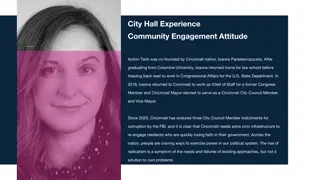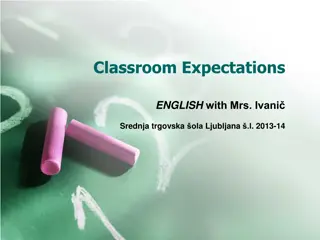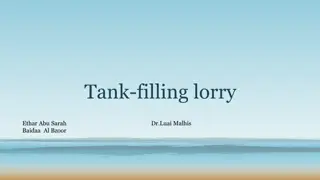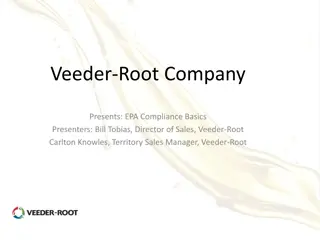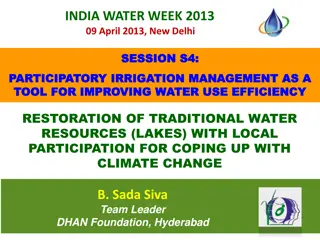
Harnessing Art for Mental Health Research: The OLA Initiative by Stefan Priebe
"Learn about OLA - a project integrating arts and mental health research to aid young individuals facing mental distress. Explore the collaboration's impact and the resources aiding recovery in Latin America. Join the initiative supported by academic partners for a holistic approach. Find out how personal and social resources influence mental health outcomes."
Download Presentation

Please find below an Image/Link to download the presentation.
The content on the website is provided AS IS for your information and personal use only. It may not be sold, licensed, or shared on other websites without obtaining consent from the author. If you encounter any issues during the download, it is possible that the publisher has removed the file from their server.
You are allowed to download the files provided on this website for personal or commercial use, subject to the condition that they are used lawfully. All files are the property of their respective owners.
The content on the website is provided AS IS for your information and personal use only. It may not be sold, licensed, or shared on other websites without obtaining consent from the author.
E N D
Presentation Transcript
- What is OLA? Why do mental health researchers want to work with arts organisations? Stefan Priebe
Background (I) Large proportions of young people report mental distress 75% of all mental disorders begin in adolescence Depression and anxiety are leading causes of youth disability worldwide
Background (II) Complete prevention is not realistic, because - the main factors driving poor mental health are social/political - personal factors are complex and linked with difficult relationships/families Challenge: to find ways to deal with and overcome episodes of mental distress
Background (III) Conventional therapies - have limited reach - are expensive - have limited effectiveness - may undermine self-help potentials However: 50% of young people with anxiety/depression recover within a year
Research question What personal and social resources help young people to recover from mental distress?
Model of resources Resources can be - available - utilised - helpful Resources can be - personal - social Most resources are found and mobilised in interactions with individuals and groups
Cohort study Identifying >1000 young people with anxiety/depression Comparing them with people without distress Assessing their resources/activities Following them up over one year Analysing what has been helpful
Why Latin America? Rapid and extensive urbanisation Large cities with social risk factors Large young population Possibly extensive community resources Opportunity: - existing links - funding option available in the United Kingdom
Academic Partners Multi-disciplinary team: Psychiatry Psychology Epidemiology Statistics Public Health Arts Colombia (Pontificia Universidad Javeriana) UK (Queen Mary University of London, King s College London, University College London) Peru (Universidad Peruana Cayetano Heredia) Argentina (Universidad de Buenos Aires) Funded by: Medical Research Council
Arts Partners Buenos Aires, Argentina: Fundaci n Crear Vale La Pena Bogot , Colombia: Fundaci n Batuta and La Familia Ayara Lima, Peru: Teatro La Plaza
Three roles of arts a) Subject of research as a means to establish, shape and experience helpful interactions; with arts organisations as a rich source of resources in communities b) Research method - as a method to engage young people and elicit experiences and views c) Link with public as an approach to reach and communicate with stakeholder groups, including other young people







